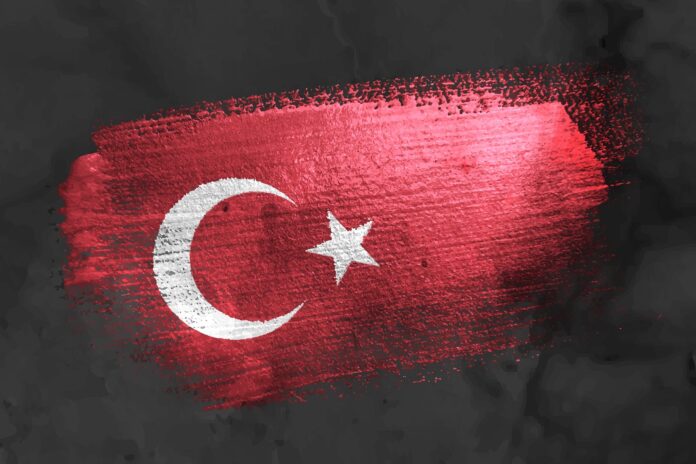Author: Harumi Arai
Affiliation: EY Sustainability
Organization/Publisher: Journal of Anglo-Turkish Relations/ DergiPark Akademik
Date/Place: June 20, 2021
Type of Literature: Analysis
Number of Pages: 16
Link: https://dergipark.org.tr/en/pub/jatr/issue/62857/937467
Keywords: Turkey, Identity, Foreign Policy, Elitism, Westernization
Brief:
Turkey has geopolitical importance in the world. Being a part of NATO and having carried the legacy of the Ottomans makes it a very significant international actor. There has been a lot of work done on the evaluation of Turkish foreign policy, but the issue of identity has been set aside and the author finds there is a literature gap and lack of scholarship that focuses on Turkish identity. The author argues that the Turkish state identity backs the understanding of Turkish foreign policy. According to Professor Yücel Bozdağlıoğlu, states construct the same identities for domestic and international levels. Turkey has multiple identities, from its historical Ottoman legacy to current NATO membership and EU candidacy in the status-quo. Additionally, there is a debate on the identity dilemma of Turkey, whether it is a Middle Eastern country or European. The author starts a discussion here regarding which identity influences the foreign policy of Turkey. Although Turkey’s official state identity is Secularism, Turkey also contains Indigenous elements including Islam. The foreign policy also relies on the decisions of elites in the state. The identity of elites or policymakers also manifests their decision-making in foreign policy. Turkish foreign policy can be categorized into three historical periods. From the year 1923 to 1970, Turkey was under the rule of elites possessing Western identity. Their goal was to construct and modify the official identity. After the 1980s, the military took over and the country witnessed the integration of Turk identity and Islam under Turgut Özal’s government (Prime Minister from 1983 to 1989, President from 1989 to 1993). However, after the post-Cold War, Turkey’s Foreign policy shifted dramatically towards the Islamic and developing countries under Necmettin Erbakan’s government (1996-1997). Under the AK Party, Turkey has taken a central position as both negotiator and intermediary. AK Party has played multiple identity cards from EU membership to intervention in Middle Eastern countries. It has supported Turk’s Muslim identity over the years, even though it began with a very secular face. The author concludes that any change in Turkey would have to be a transformation from the inside out.
By: Ruby Clayton, CIGA Research Associate




